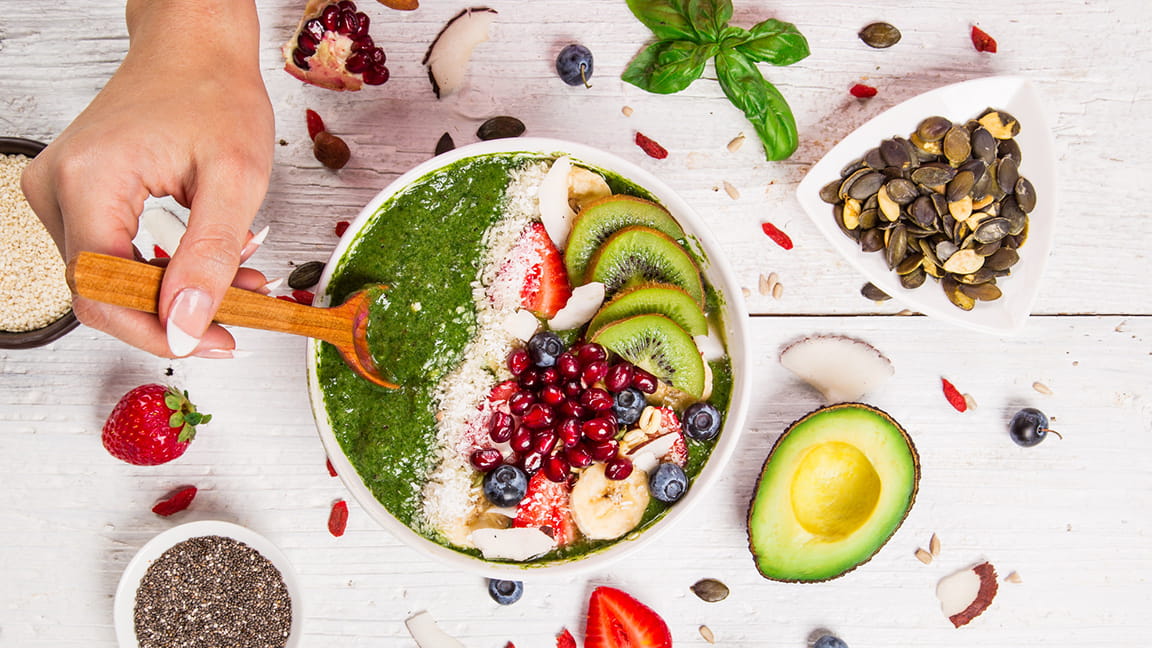Achieving sustainable weight loss requires more than just cutting calories it demands a focus on nutrient-rich diets. These diets prioritize whole, unprocessed foods that provide essential vitamins and minerals while keeping calorie intake in check. By choosing nutrient-dense options, individuals can enhance their metabolism, reduce cravings, and maintain overall health.

Many people struggle with weight loss due to poor food choices and a lack of essential nutrients. A nutrient-rich diet ensures that the body gets the fuel it needs without unnecessary empty calories. This approach not only supports weight management but also improves digestion, boosts energy, and enhances overall well-being.
Understanding Nutrient-Rich Diets
What Are Nutrient-Rich Diets?
A nutrient-rich diet consists of foods packed with vitamins, minerals, fiber, and antioxidants. These foods offer maximum nutrition per calorie, making them ideal for weight loss. Unlike processed foods, which are high in unhealthy fats and sugars, nutrient-rich diets emphasize fresh, whole foods that nourish the body.
Incorporating more nutrient-rich foods into your diet can help regulate appetite, improve digestion, and support long-term health. By choosing high-quality ingredients, individuals can reduce the risk of chronic diseases and promote a healthy metabolism.
Benefits of Nutrient-Rich Diets for Weight Loss
Following a nutrient-rich diet can accelerate weight loss in a sustainable manner. These diets help control hunger by providing the necessary nutrients the body craves, reducing the likelihood of overeating.
Additionally, nutrient-rich diets promote stable blood sugar levels, preventing energy crashes and sugar cravings. By prioritizing foods with high nutritional value, individuals can achieve their weight loss goals while maintaining optimal health.
Key Components of a Nutrient-Rich Diet
Whole Grains for Sustained Energy
Whole grains, such as quinoa, brown rice, and oats, are essential components of nutrient-rich diets. They provide fiber, which aids digestion and promotes fullness, preventing unnecessary snacking.
Unlike refined grains, whole grains keep energy levels stable and support a healthy metabolism. Including them in meals ensures a well-balanced diet that supports long-term weight loss.
Lean Proteins for Muscle Maintenance
Protein is a crucial element in nutrient-rich diets, as it helps maintain muscle mass while burning fat. Lean sources like chicken, fish, tofu, and beans provide high-quality protein without excessive calories.
Consuming protein-rich foods also keeps hunger at bay, making it easier to adhere to a healthy eating plan. A well-balanced diet with sufficient protein can enhance metabolism and promote fat loss.
Superfoods to Include in Nutrient-Rich Diets
Leafy Greens and Vegetables
Leafy greens, such as spinach, kale, and broccoli, are staples in nutrient-rich diets. They are low in calories but packed with vitamins, minerals, and antioxidants that support overall health.
Adding more vegetables to meals increases fiber intake, aiding digestion and improving satiety. The variety of nutrients found in vegetables makes them essential for effective weight loss.
Healthy Fats for Satiety
Despite the misconception that fats contribute to weight gain, healthy fats are a vital part of nutrient-rich diets. Sources like avocados, nuts, seeds, and olive oil provide essential fatty acids that support heart health and brain function.
Incorporating healthy fats into meals promotes long-lasting fullness and prevents unhealthy cravings. Balanced fat intake also helps regulate hormones and supports metabolism.
Practical Tips for Adopting a Nutrient-Rich Diet
Meal Planning for Success
Planning meals in advance is a key strategy for maintaining nutrient-rich diets. Preparing balanced meals with whole grains, lean proteins, and vegetables ensures a steady intake of essential nutrients.
By meal prepping, individuals can avoid processed foods and make healthier choices consistently. Structured meal planning also reduces the temptation to indulge in unhealthy snacks.
Hydration and Mindful Eating
Staying hydrated is crucial in nutrient-rich, as water aids digestion and supports metabolism. Drinking enough water throughout the day helps control appetite and prevents dehydration-related fatigue.
Practicing mindful eating by focusing on portion sizes and savoring each bite promotes better digestion and prevents overeating. Combining proper hydration with mindful eating fosters a healthier relationship with food.
Conclusion
Adopting nutrient-rich diets is a smart and sustainable way to achieve weight loss while maintaining overall health. These diets emphasize whole, unprocessed foods that nourish the body and prevent unnecessary weight gain.
By incorporating nutrient-dense foods like whole grains, lean proteins, leafy greens, and healthy fats, individuals can optimize their metabolism and achieve long-term weight loss success. With proper meal planning, hydration, and mindful eating, maintaining a nutrient-rich diet becomes a simple and effective lifestyle choice.